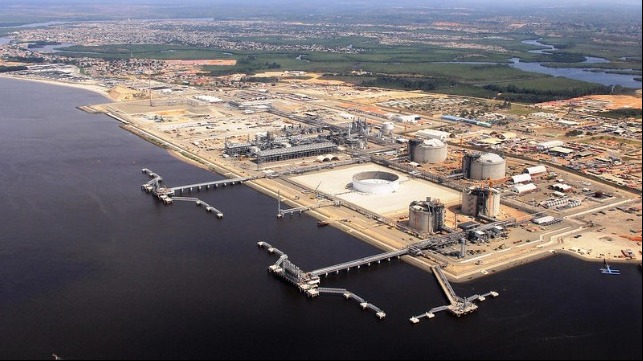Total and Siemens Collaborate on Reducing Emissions in LNG Production

With the continuing growth of the LNG as a fuel of choice for the shipping industry, attention is turning on seeking improvements to make the established practices more sustainable to further support the growth of the market. Two of the leaders in energy and energy technology, France’s Total and Siemens Energy announced that will collaborate to study sustainable solutions for CO2 emissions reduction starting with a focus on natural gas liquefaction facilities and associated power generation.
“The development of low-carbon LNG will contribute to meet the growth in global energy demand whilst reducing the carbon intensity of the energy products consumed. Reducing its carbon footprint is essential for LNG to play its role fully in the energy transition,” said Arnaud Breuillac, President Exploration & Production at Total. Total reports that it is the world's second-largest privately owned LNG player, with a global portfolio projected to grow to nearly 50 Mtpa by 2025. They expect their global market share for LNG to grow to around 10 percent.
According to the partners, they will work together on technologies looking at competitive all-electrical liquefaction, optimized power generation, the integration of renewable energy in liquefaction plants’ power system, and their efficiency enhancement. They will also work to develop solutions for the combustion of clean hydrogen in gas turbines.
“We are pleased to partner with Total as one of the main players in the LNG value chain to explore how we can competitively reduce the carbon footprint of brownfield and greenfield LNG projects,” said Thorbjörn Fors, Executive Vice President of the Industrial Applications Division at Siemens Energy. “The agreement is a next step, following our announcement last June to collaborate together and conduct studies exploring possible liquefaction and power generation plant designs to help decarbonize the production of LNG.”

that matters most
Get the latest maritime news delivered to your inbox daily.
Enhancing the sustainability of the production cycle for LNG is critical as the global demand for it as an industrial energy source grows. While the use of LNG to create energy is considered more environmentally responsive than traditional fossil fuels, the production process draws criticism for its lack of sustainability.
In the near term, the shipping industry will increasingly be turning to LNG as a fuel solution. Many of the largest carriers have announced LNG-fueled newbuilds. The trade group Sea-LNG reports that more than 200 new LNG-fueled ships are on order for near-term delivery. That will more than double the number of ships fueled by LNG.
